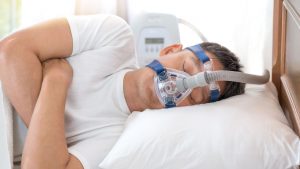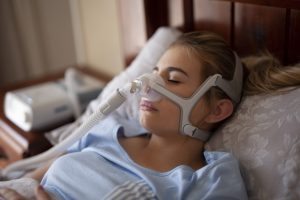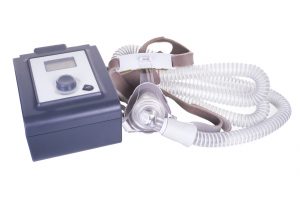 It appears as if Philips’ legal problems concerning their CPAP and BiPAP machines in the United States may be coming to an end. Late last year, there was a tentative settlement concerning the plaintiffs’ economic loss claims. Then just recently, a court not only approved the economic loss settlement proposal, but Philips just agreed to pay $1.1 billion to settle the personal injury and medical monitoring claims. Let’s take a closer look at this CPAP settlement and what plaintiffs and future claimants can expect.
It appears as if Philips’ legal problems concerning their CPAP and BiPAP machines in the United States may be coming to an end. Late last year, there was a tentative settlement concerning the plaintiffs’ economic loss claims. Then just recently, a court not only approved the economic loss settlement proposal, but Philips just agreed to pay $1.1 billion to settle the personal injury and medical monitoring claims. Let’s take a closer look at this CPAP settlement and what plaintiffs and future claimants can expect.
Economic Loss Settlement
In October 2023, the U.S. District Court for the Western District of Pennsylvania (District Court) issued an order preliminarily approving a settlement concerning the economic loss claims. These are claims that relate to the financial losses connected to the purchase of the affected machines. In April 2024, the District Court granted final approval of that settlement.
 North Carolina Product Liability Lawyer Blog
North Carolina Product Liability Lawyer Blog




